
America’s balance of power shifted dramatically in July 2024 when the Supreme Court granted former President Donald Trump broad legal immunity for official acts.
According to Reuters, Chief Justice John Roberts explained, “the nature of presidential power necessitates some immunity from criminal prosecution for official actions.”
Leading legal scholar Peter Shane adds, “This ruling redefines our understanding of accountability at the highest level.”
Historic Stakes for U.S. Democracy
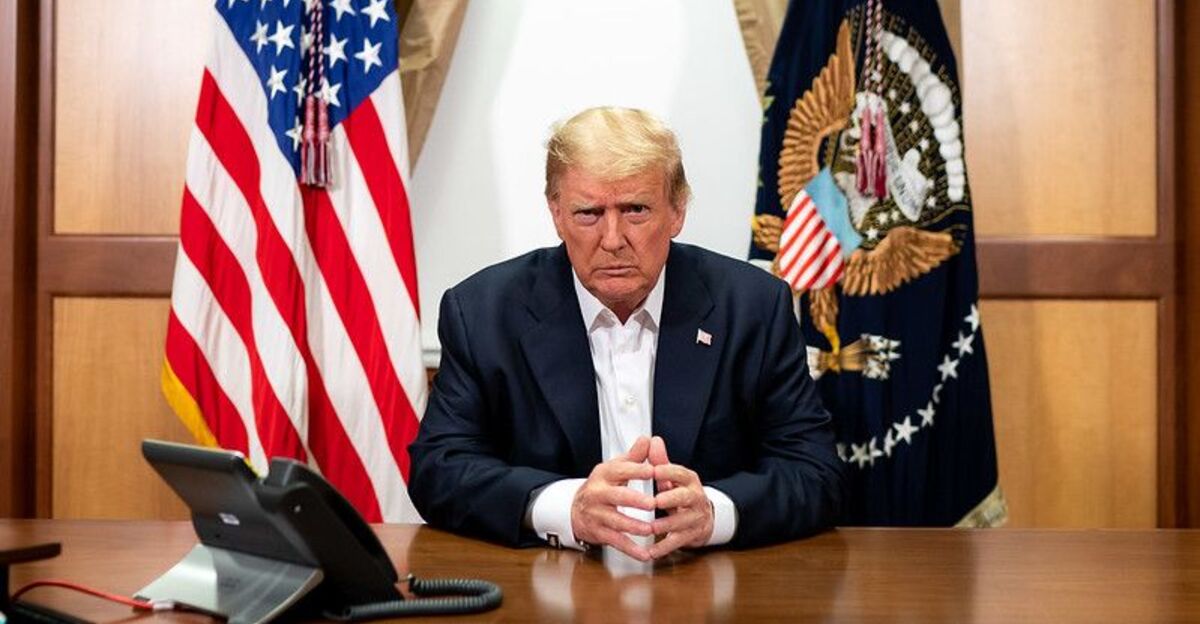
The stakes couldn’t be higher. The Supreme Court’s 6-3 decision, covered by AP, casts doubt on fundamental checks and balances.
Dissenting Justice Sonia Sotomayor warned, “This decision effectively establishes a law-free zone around the president.”
Professor Laurence Tribe of Harvard, noted by Reuters, calls it “a seismic shift with unpredictable consequences.”
Roots of Expanding Presidential Power
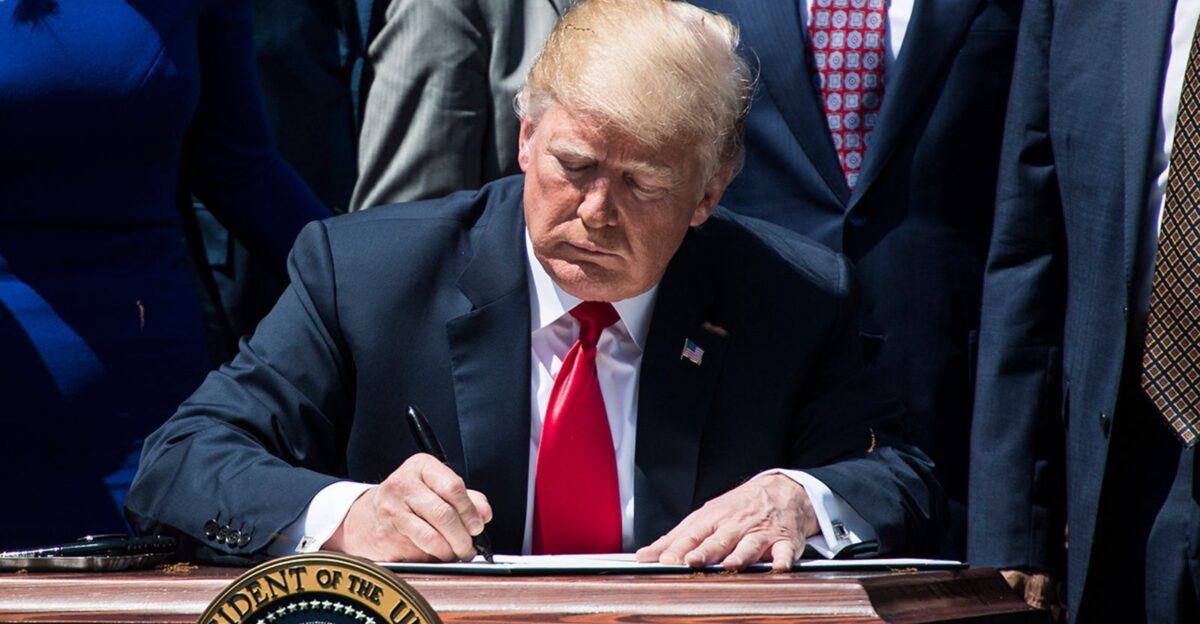
This battle is not new. U.S. presidents have often tested the boundaries of executive authority. Project 2025, discussed in Wikipedia’s coverage, traces this trend to Reagan-era efforts and more recently to conservative jurists pushing for the “unitary executive theory.” Legal historian Susan Hennessey comments, “Trump has accelerated this decades-long centralization.”
Pressures to Centralize Authority
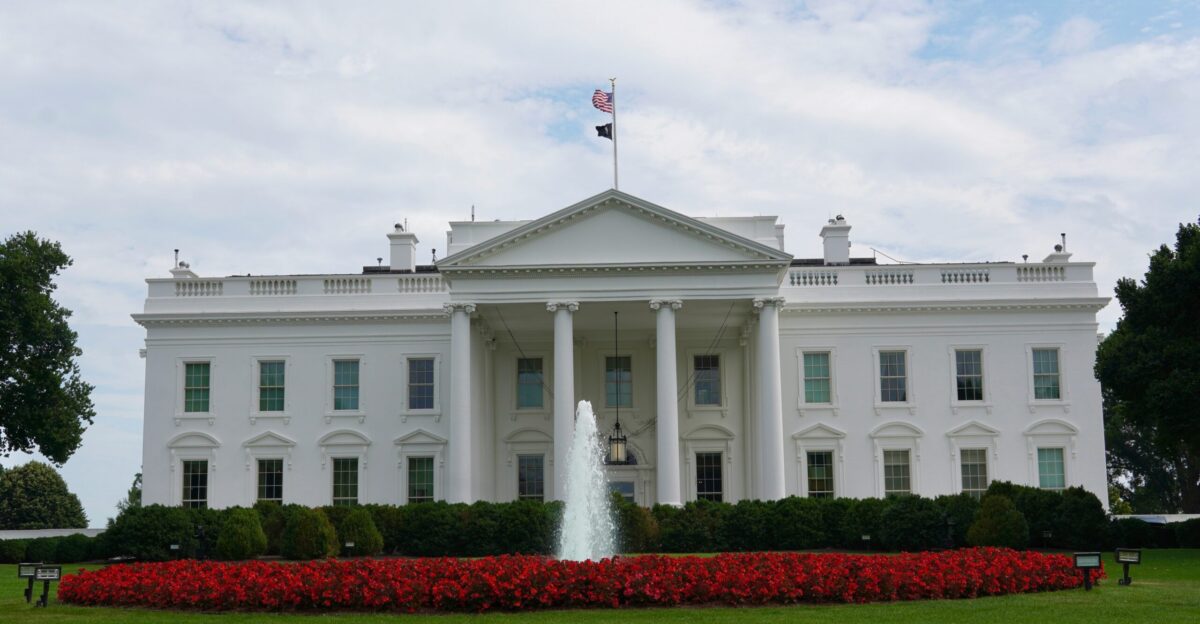
Politicians and advocacy groups across the spectrum intensified calls for presidential power. The Heritage Foundation’s Project 2025 encouraged consolidation, as noted by AP, with recommendations to reassert direct White House oversight.
Policy expert Kiron Skinner said to the BBC, “Centralized control is now the organizing principle in Washington.”
Immunity Expansion

On July 1, 2024, the Supreme Court ruled that presidents have absolute immunity for “core constitutional powers” and presumptive immunity for other official acts.
Reuters reported, “Trump cannot be prosecuted for most actions as president, but some matters remain for lower courts to review.” Peter Shane explains, “This decision sets an extraordinary new precedent.”
Agencies Under White House Control
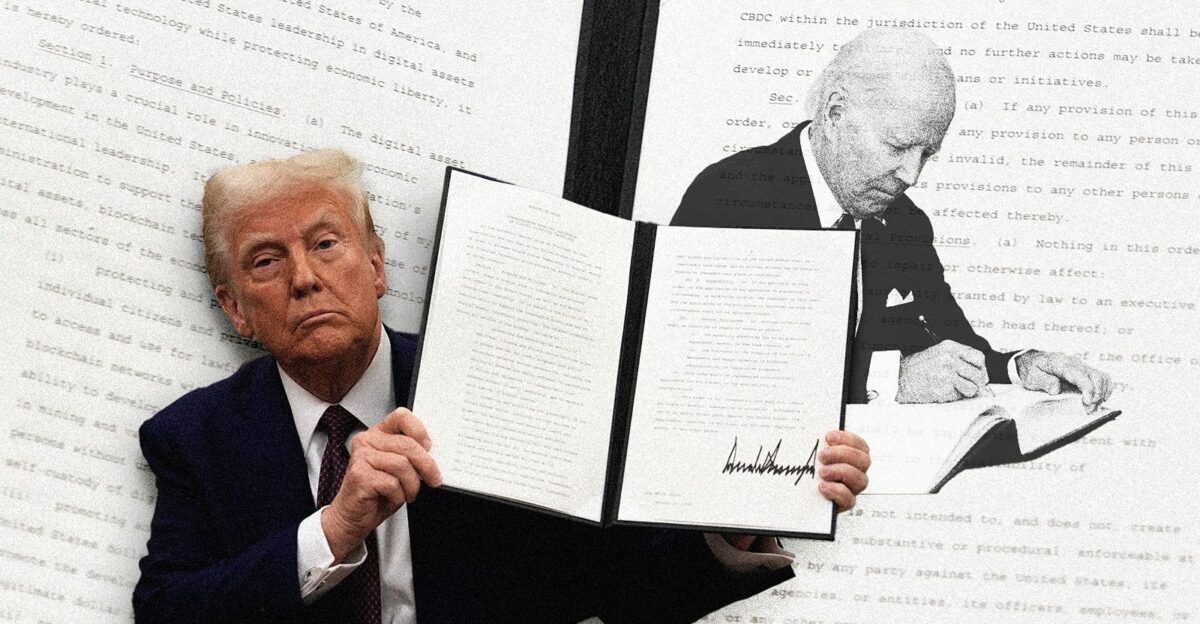
Trump quickly acted on his new legal standing. On February 18, 2025, the New York Times detailed an executive order requiring independent agencies—like the SEC and FTC—to submit regulations to the White House for approval. Professor Shane observed, “This challenges the foundation of separation of powers.”
Real-Life Consequences: D.C. Residents
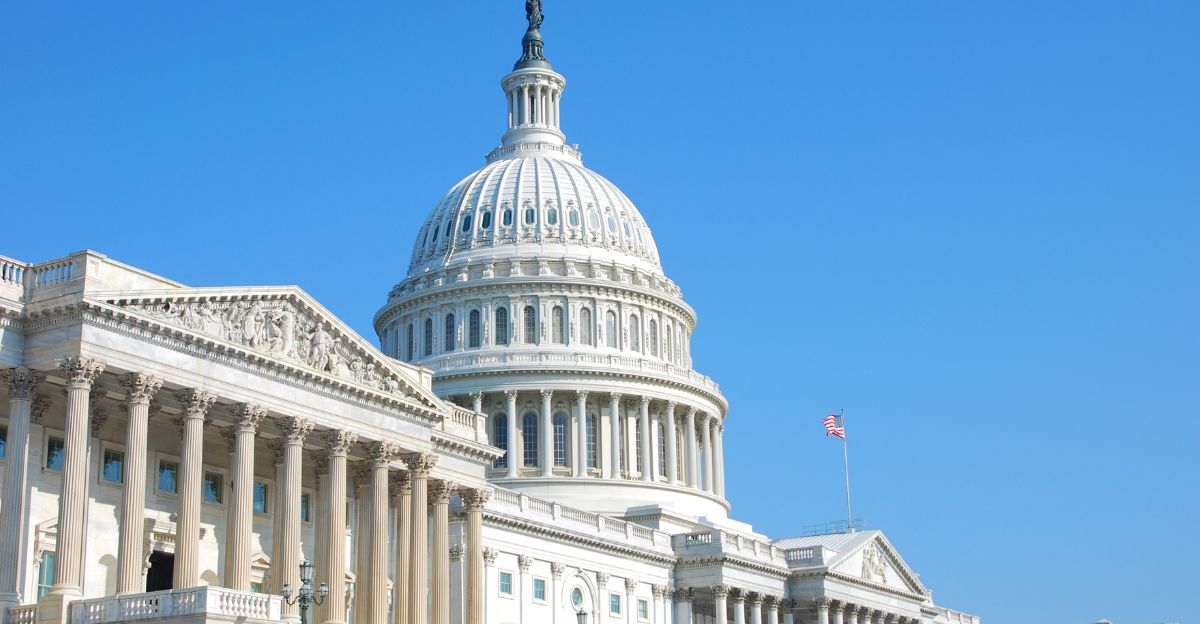
In Washington, D.C., Trump’s moves directly affected local governance. Senator Chris Van Hollen, speaking to NBC News, described the situation: “We’re living through an authoritarian power grab—a constitutional crisis in real time.” The AP reports local leaders voiced deep concerns about lost home rule and public safety.
Regulatory Ripple: Markets and Watchdogs

The regulatory shakeup touched financial markets and consumer stability. NPR revealed lawsuits by former agency officials ousted under Trump’s executive order.
Legal historian Susan Hennessey states, “Watchdogs are fighting back, but the rules of engagement have changed.”
Judiciary’s New Limits
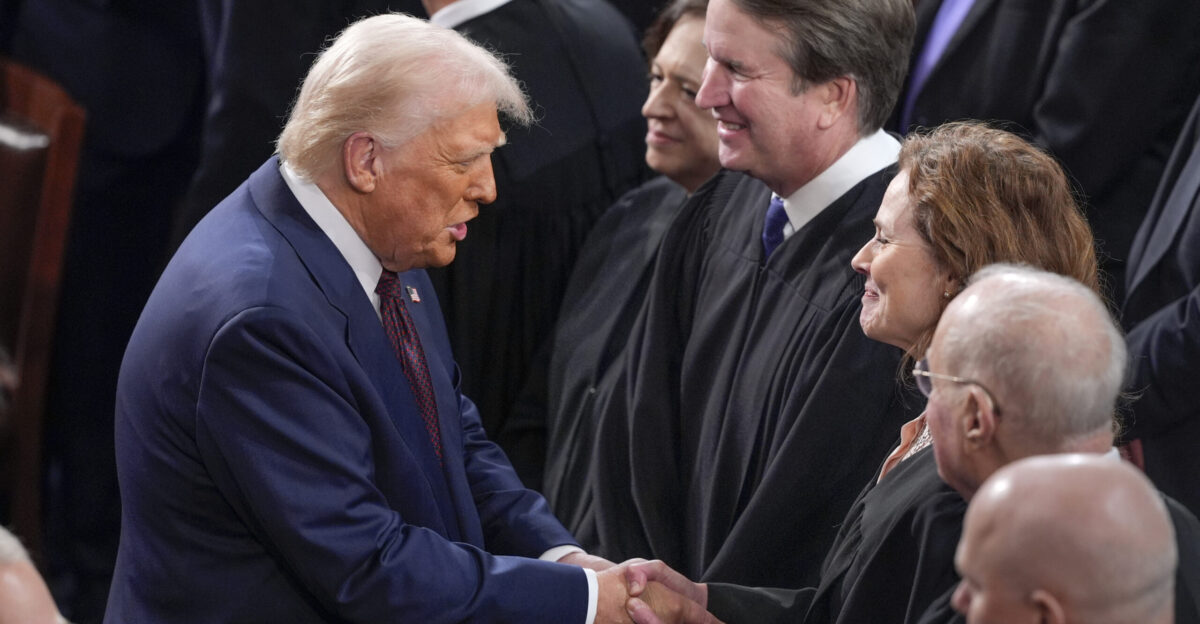
Several courts have curtailed the judiciary’s ability to check presidential actions after these executive shifts. CNN reports district judges are now more limited in nationwide injunctions against federal policies. Law professor Garrett Epps says to BBC, “The president faces fewer legal obstacles than ever before.”
Trade Tariffs Ruling
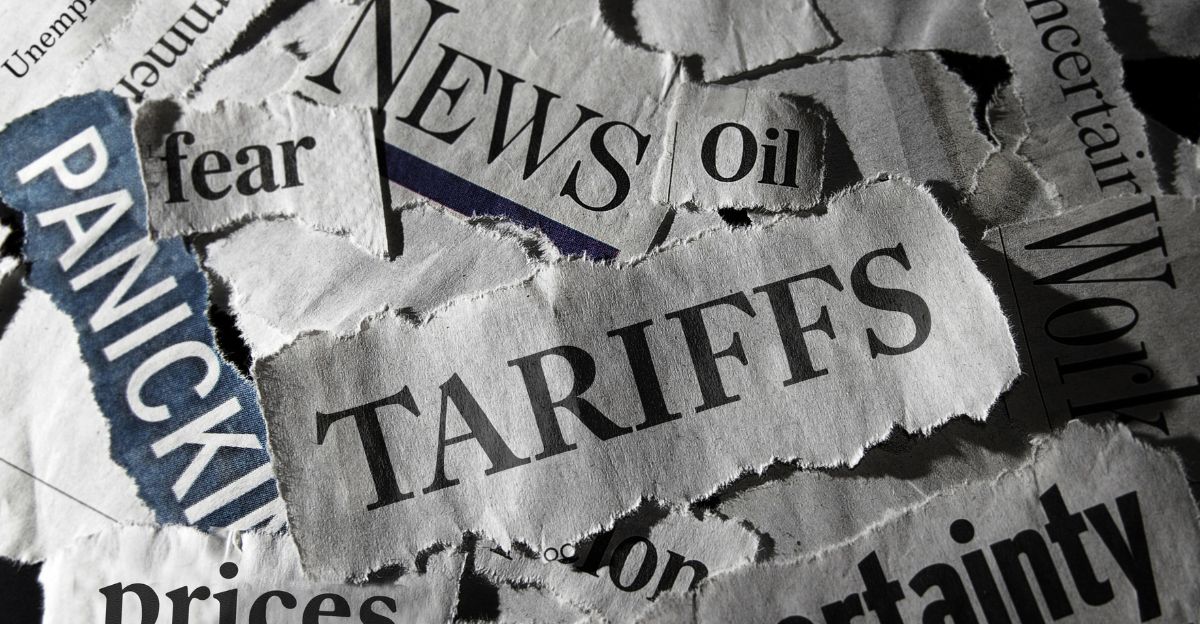
On August 29, 2025, CNBC reported most of Trump’s trade tariffs were declared illegal by a federal appeals court.
Trump responded on Truth Social, “If tariffs went away, it would be a total disaster for the country.” Economist Hockett warned, “This sets up a Supreme Court showdown on executive trade powers.”
Tensions with Agency Leadership
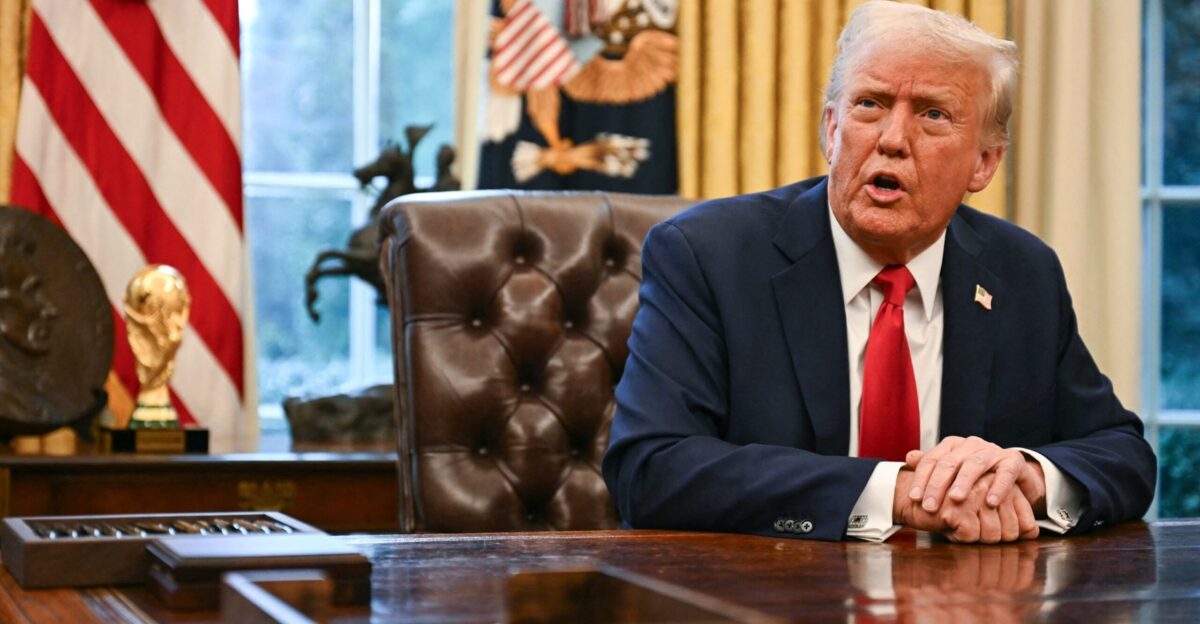
Conflict erupted between Trump and independent agency heads. Reuters documents lawsuits and resignations from the SEC and FTC as leaders resisted White House control. Peter Shane notes, “We’re seeing an unprecedented contest over who sets the rules in America.”
Dramatic Leadership Changes

Trump replaced dozens of agency officials, prioritizing loyalty over expertise per Project 2025 outlines. The Conversation highlights these sweeping changes: “Two-thirds of executive actions now mirror the Project 2025 blueprint.” Historian Douglas Brinkley says, “It’s a purge by any name.”
Efforts to Preserve Institutional Autonomy
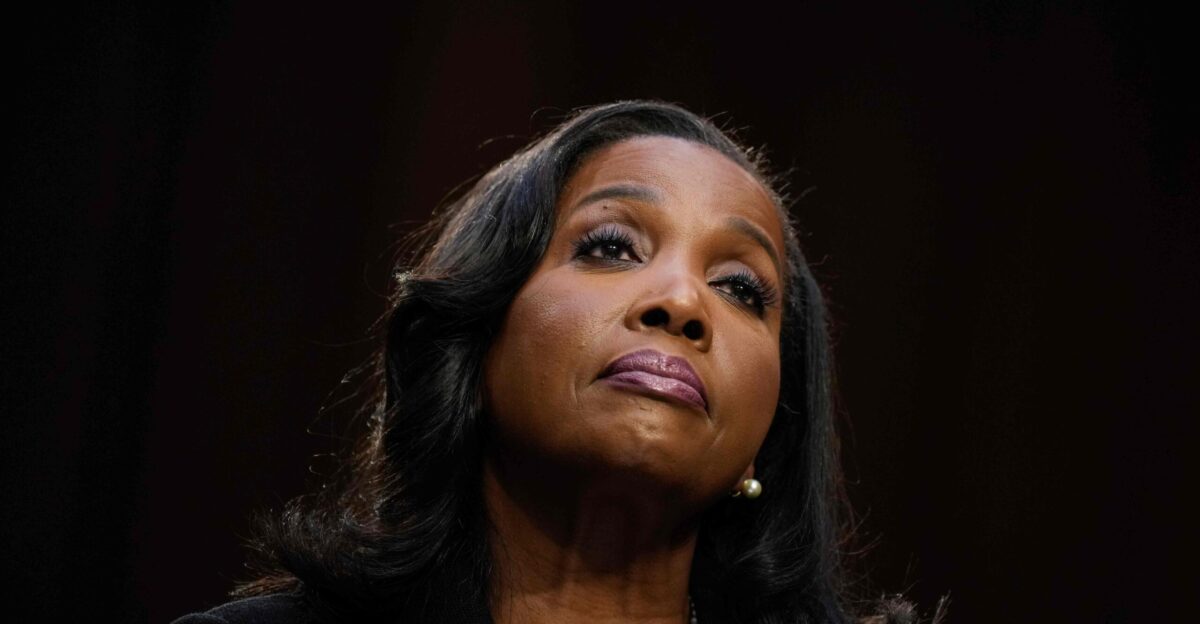
The Federal Reserve resisted White House pressure, maintaining some operational independence. CNBC explained, “Trump’s firing of Federal Governor Lisa Cook shocked markets.” Law professor Hockett remarks, “Maintaining Fed independence is vital to economic stability.”
Expert Warnings and Skepticism
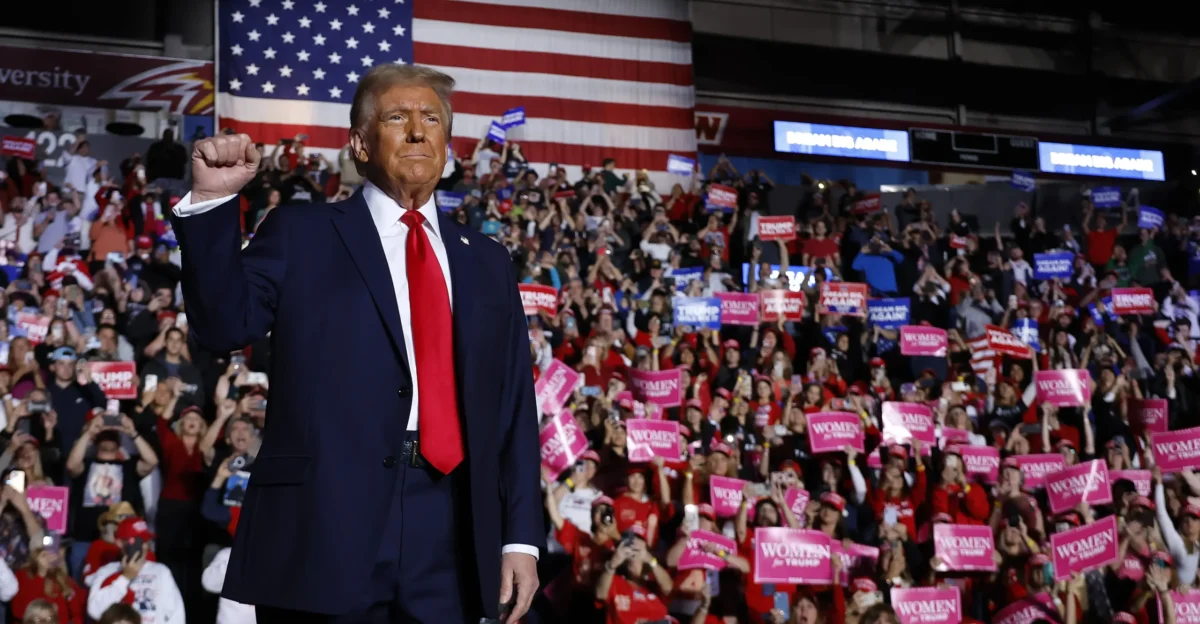
Political scientists, economists, and jurists sounded alarms about the risks of a “unitary executive” approach. AP cited Laurence Tribe: “Risk of irreversible harm to governance is mounting.” The BBC quoted watchdogs warning, “Unchecked power increases risk to democratic norms.”
What’s Next for Separation of Powers?
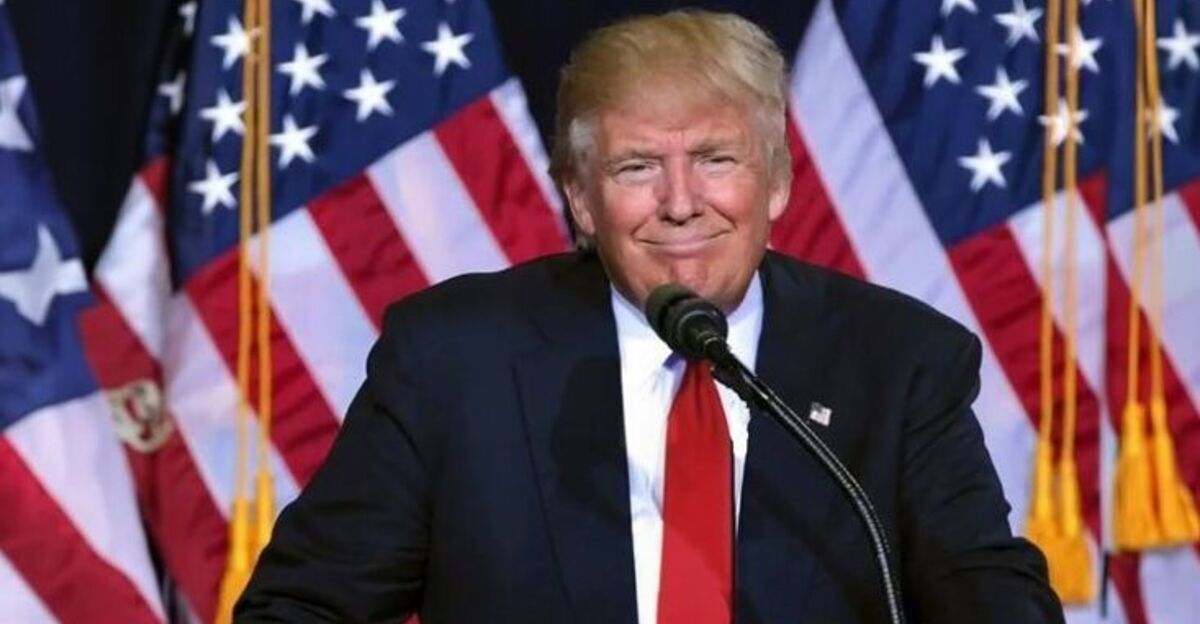
With the lines of authority shifting, Americans and lawmakers debate the future of checks and balances. PBS highlights ongoing legislative efforts: “Congress is exploring new oversight rules.” Susan Hennessey predicts, “The long-term effects will test our constitutional endurance.”
Heightened Political Divisions
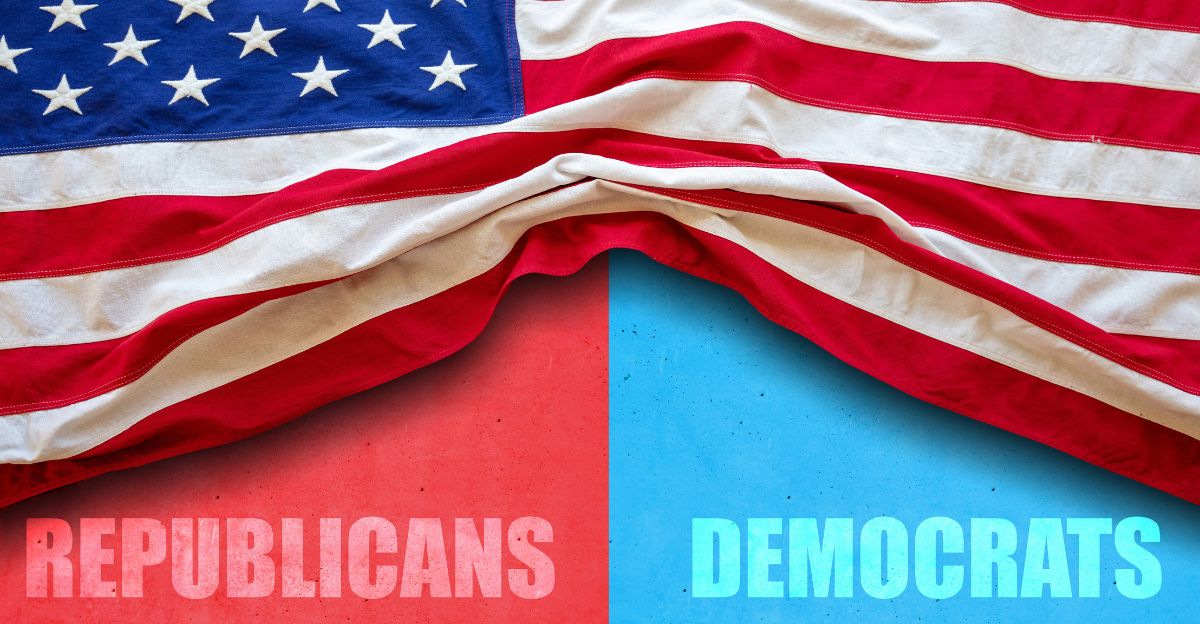
Public reaction split sharply along partisan lines, as AP and BBC found. Democrats warned of creeping authoritarianism, while Republicans praised the efficiency of strong executive control. Historian Doris Kearns Goodwin says, “Partisan conflict now colors every branch of government.”
Global Responses to Trump’s Moves

Reuters reported world leaders congratulating Trump on his political comeback in November 2024, but analysts expressed caution about policy predictability.
CNBC noted Europe and Asia are “watching for new volatility in U.S. policy.” Expert Ian Bremmer said, “Global alliances are being recalibrated.”
Legal Gray Zones Ahead
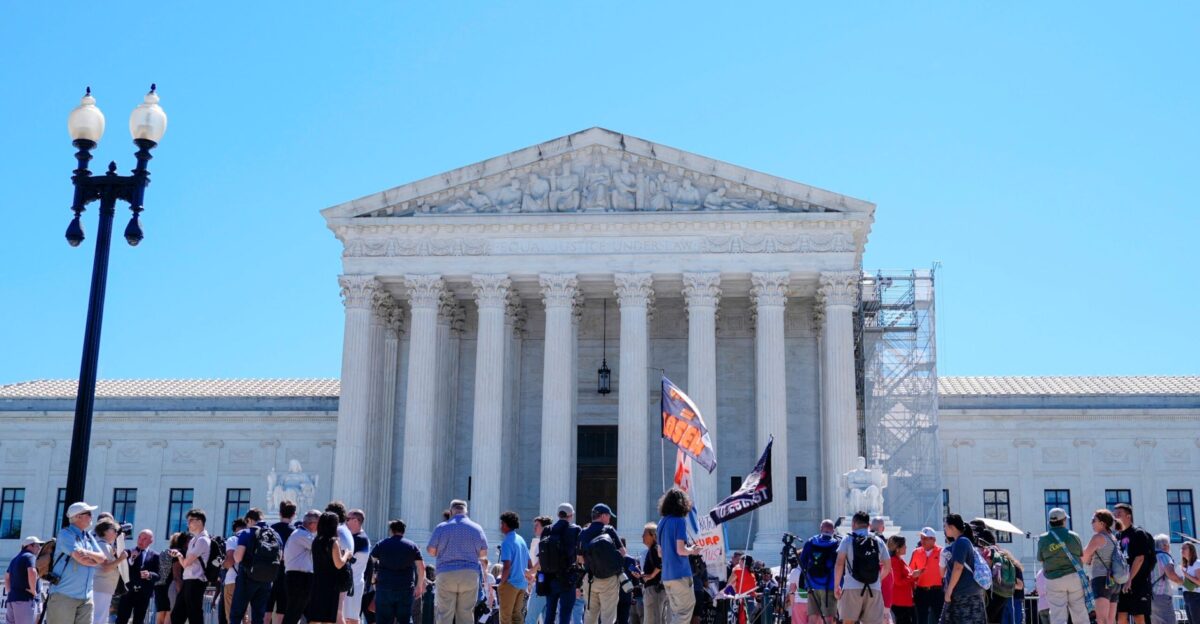
Despite the Supreme Court’s guidance, clear rules on what qualifies as “official acts” remain hotly debated.
PBS details ongoing litigation; Judge Hockett states, “Legal boundaries will continue to be tested in years ahead.” Political analyst Susan Hennessey adds, “Expect more constitutional battles soon.”
Changing Norms and Generational Divide
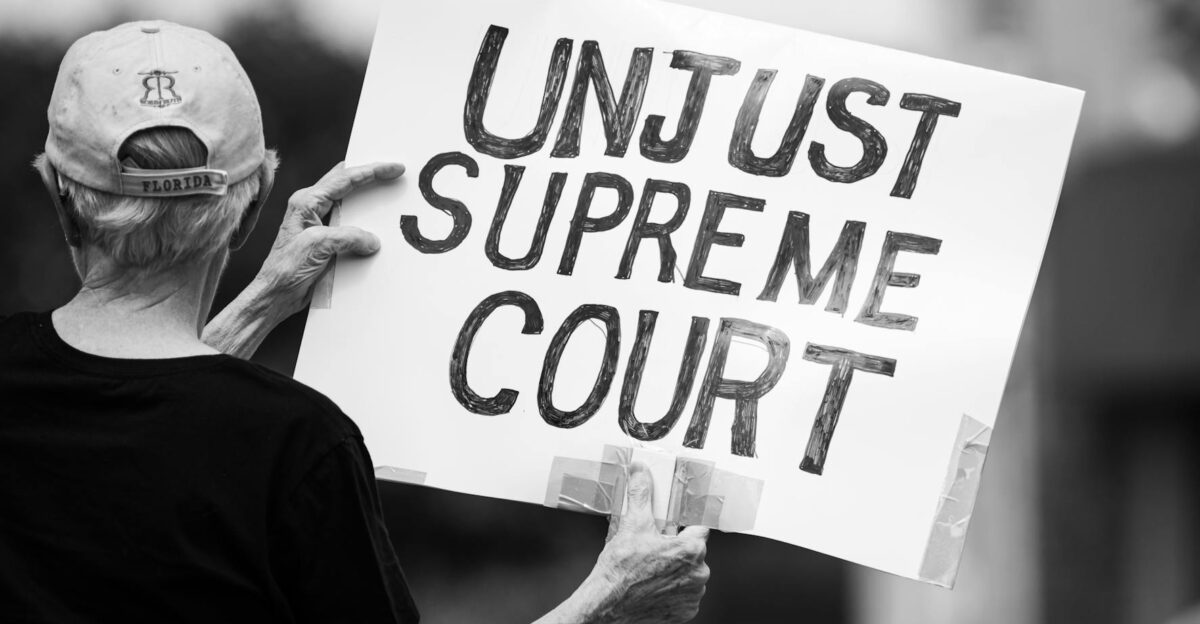
Public debate on presidential powers has shifted generational views. Democracy 2025 reports advocacy groups promote reforms to re-balance authority. Young activist Tara Thomas told AP, “We want leaders accountable, not above the law.”
Power and Principle
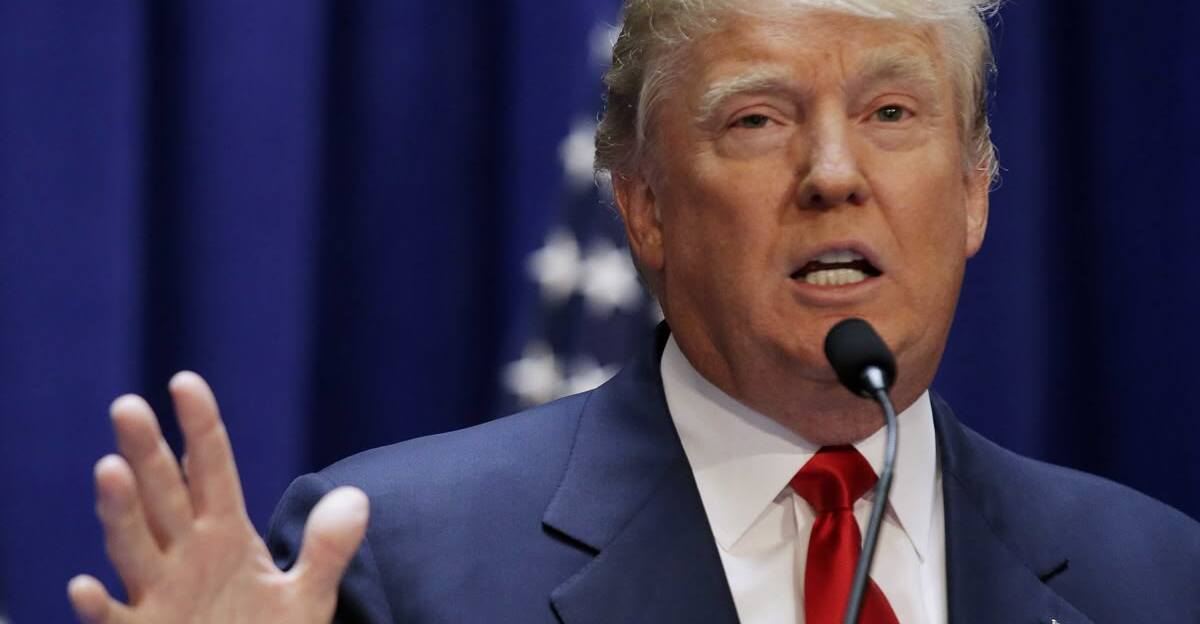
Experts agree July 2024 marked a new era for the presidency, shifting norms and testing American governance.
According to AP, this case’s legacy will shape how future leaders wield power and face accountability. Historian Douglas Brinkley says, “How America responds now will define its democratic character.”